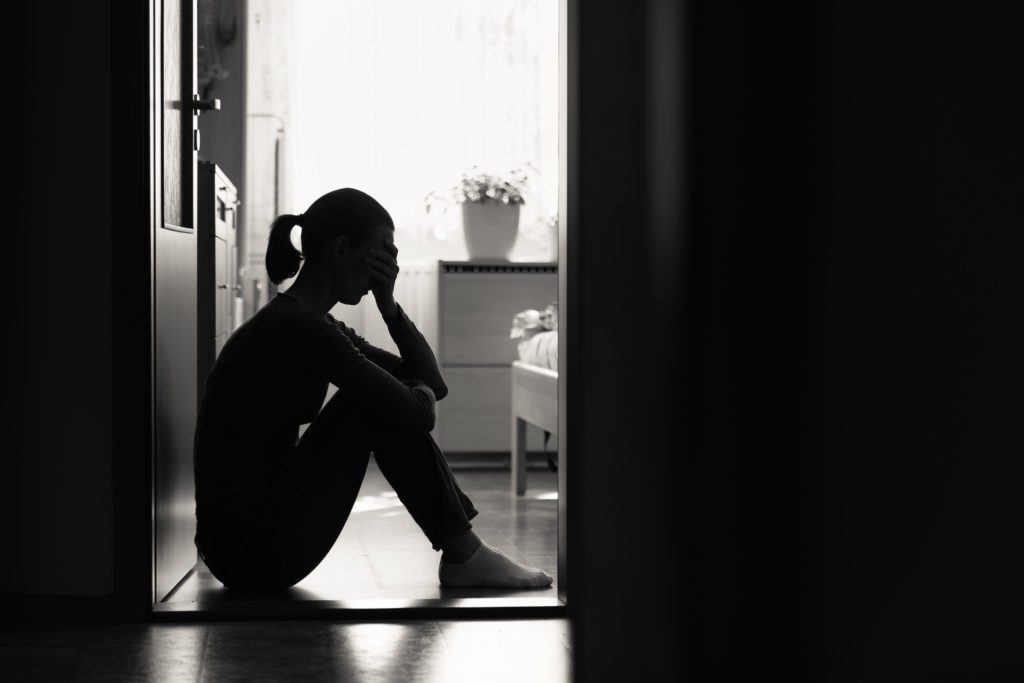Grief Observed

We are all touched by loss and grief at some point in our lives. As painful of a reality to experience, death is a tragedy that we cannot escape. Grief is the experience and natural feelings that come with the loss1, and everyone’s experience is unique. Grief and love cannot be divorced from one another. Francis Weller elaborates on this paradox in his book, The Wild Edge of Sorrow. Weller writes, “Grief and love are sisters…Their kinship reminds us that there is no love that does not contain loss and no loss that is not a reminder of the love we carry for what we once held close”2. Having observed others’ experiences of love and loss more recently, one of the things I notice most is a sudden deprivation that can bring about a loss of faith in God, self, and others.
Where is God?
Why would God do this to me?
What am I going to do now?
How can I continue to live?
Who will be here for me?
How can you help me?
While we would like to think that amid grief, we would be most compassionate with ourselves; quite the opposite happens. In fact, we find ourselves repeating circular thoughts of self-blame, regrets, and fallacies. Guilt can become overwhelming and lead us further into isolation. These thoughts can also keep us in a story that perpetuates suffering and prevents us from creating meaning and finding peace. As our culture revels, perhaps unconsciously, in happiness quests, quick fixes, and pre-Copernican platitudes like “this too shall pass” or “count your blessings”, I challenge us to reexamine our observance of grief so that we may begin to recover a faith that calls us back to love after loss.
So, how might we begin to observe grief with love?
1. Listen. Grief is not a problem to be solved. It is an experience that needs support. Listening provides a felt sense of being heard and fosters a safe space for mutual revelation.
2. Be Compassionate. Compassion comes from the Latin word compati, “to suffer with”. Acknowledging the reality of the pain that comes with loss deepens our connection with another.
3. Self-care. We often find ourselves trying to make others comfortable when we most need to be heard and cared for. We often judge ourselves and resist acts of mercy. For some, caring for oneself is mistaken for selfishness when in fact it is an act of generosity for self and others.
Our stories are meant to be shared and our grief is to be observed. If you are in the grip of grief, you are not alone, and I believe you have the courage to survive no matter the horrors that have erupted in your life. If you would like additional information or support, please contact us via email at info@summitcounseling.org or call us at 678-893-5300.
1 David Kessler, Finding Meaning: The Sixth Stage of Grief, (New York, NY: Scribner, 2019), 13. 2 Francis Weller, The Wild Edge of Sorrow, (Berkely, CA: North Atlantic Books, 2015).


